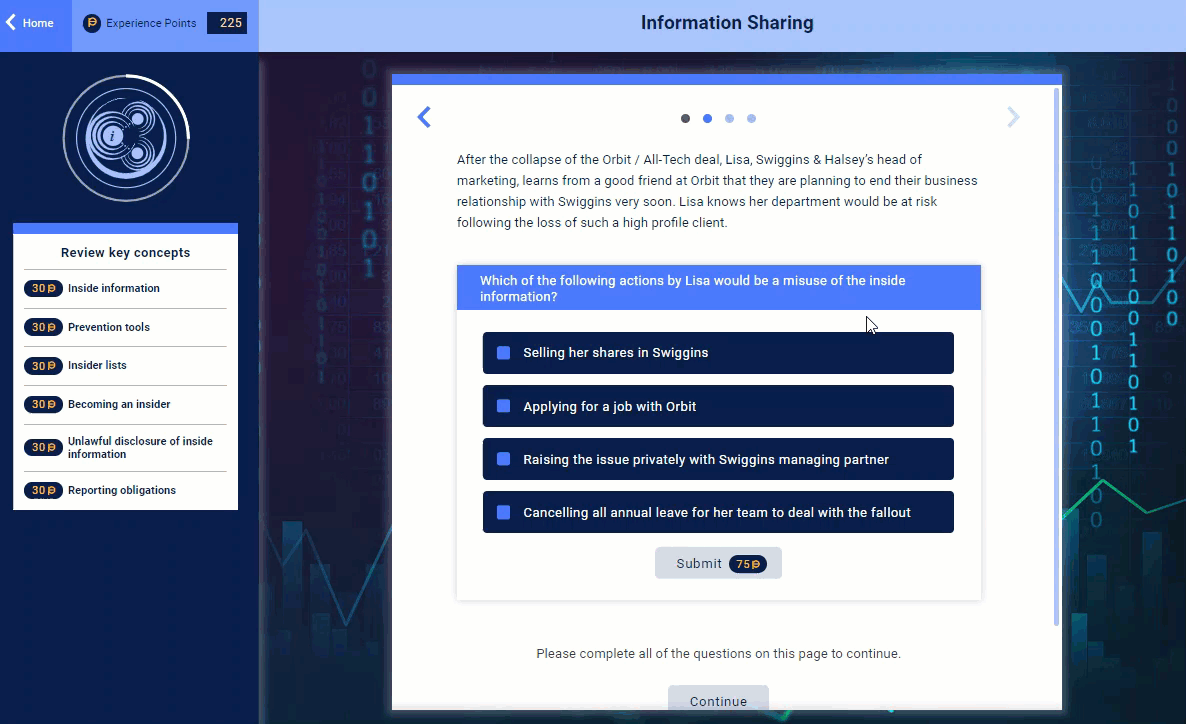As promised in the Queen’s Speech, the government has announced a new Financial Services Bill. While it’s a bit of a smorgasbord of different rules and measures, there are some important measures that will affect firms across the financial sector, as well as those seeking to maintain access to the UK after the end of the Brexit transition period on 31 December 2020.
One of the headline measures is the LIBOR transition powers for the FCA. The banks that currently submit their rates to LIBOR should cease to do so by the end of 2021, so firms that have LIBOR dependencies will be expected to move to alternative rates by that date.
Who will the Financial Services Bill affect?
Banks, building societies and investment firms will have to abide by the Basel III standards. Basel III introduced new requirements for regulatory capital for large banks. During periods of credit expansion, banks must set aside additional capital. During times of credit contraction, capital requirements can be relaxed. Systemically, important banks are also subject to higher capital requirements. Basel III also increases the ratios of capital required to be held for both Tier 1 core capital and equity, and Tier 2 supplementary capital. Investment firms will also have to follow a new prudential regime.
The UK will introduce a new Overseas Fund Regime for recognised collective investment schemes from approved countries, as well as a specific regime for admitting overseas money market funds. Firms operating in Gibraltar will also have a new framework to maintain access to the UK.
There are also some amendments to the Market Abuse Regulation, the EU rules relating to insider information, insider lists, and transactions involving senior managers. While some administrative burdens for issuers will be relaxed, the maximum prison sentence for market abuse will be increased from seven to 10 years.
The Bill contains amendments to the European Market Infrastructure Regulation (EMIR) to improve access to clearing services, especially for smaller firms. It will require firms offering clearing services to do so in accordance with fair, reasonable, non-discriminatory and transparent terms. The FCA will have powers to make rules setting out the grounds on which commercial terms will meet this obligation.
Other measures are the streamlining of the FCA’s process for removing a firm’s authorisation and taking them off the public register, to improve accuracy and reduce the risk of fraud; making the appointment of the FCA CEO subject to a fixed, once renewable, five-year term; strengthening the Statutory Debt Repayment Plan (SDRP) regime, and legislation to allow for the automatic transfer of the balance of a matured Help to Save ISA account to a standard NS&I savings account in cases where the account holder has not transferred it elsewhere.
Although the Financial Services Bill was published late October and is entering the committee stage in the Commons in December, as a government bill it is expected to pass without any significant changes.
VinciWorks’ market abuse training

The best way to keep abreast of changes in the law is to subject all staff to regular training. VinciWorks’ market abuse course is specifically designed to help financial services reduce their risk of being exposed to regulatory action by ensuring staff understand their obligations, as well as the do’s and don’ts of dealing with insider information.












